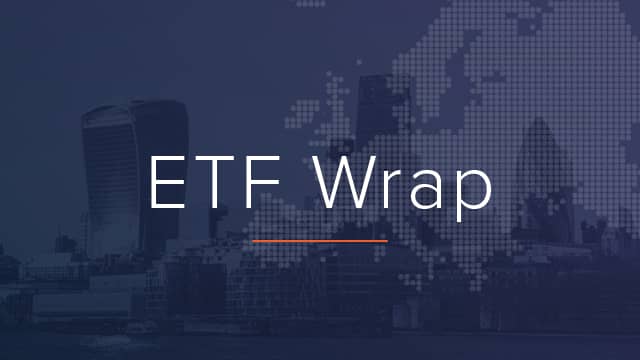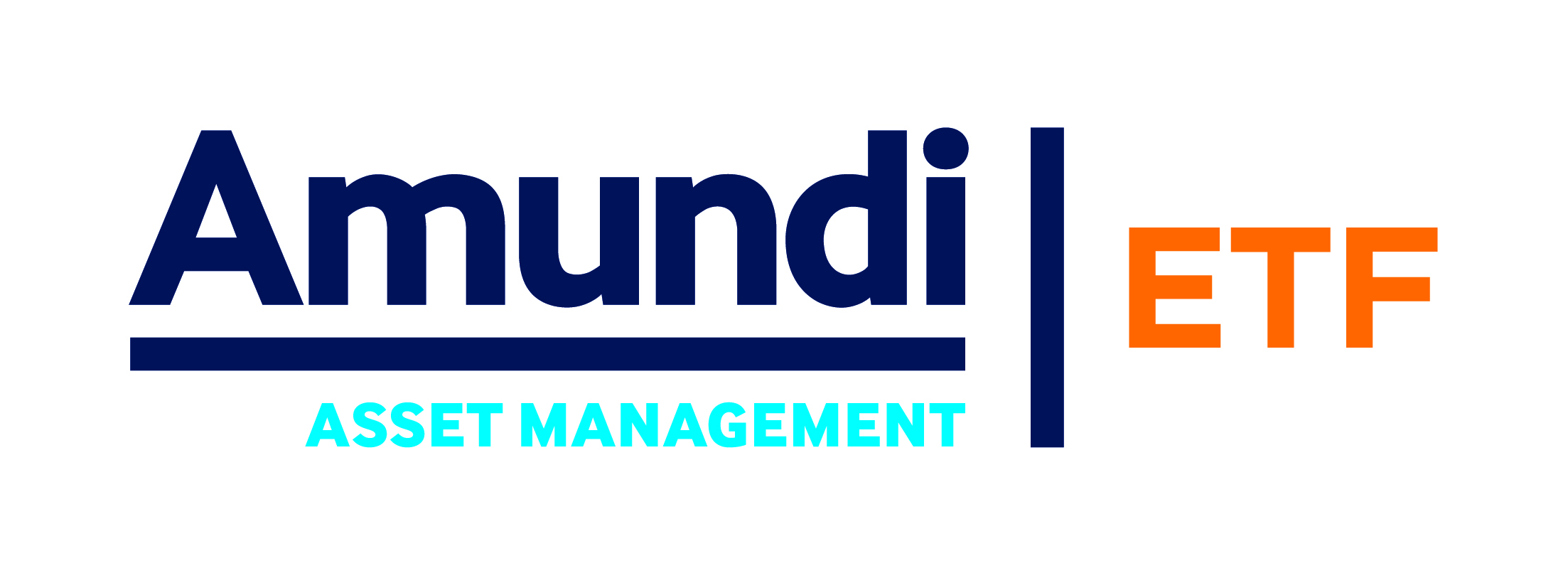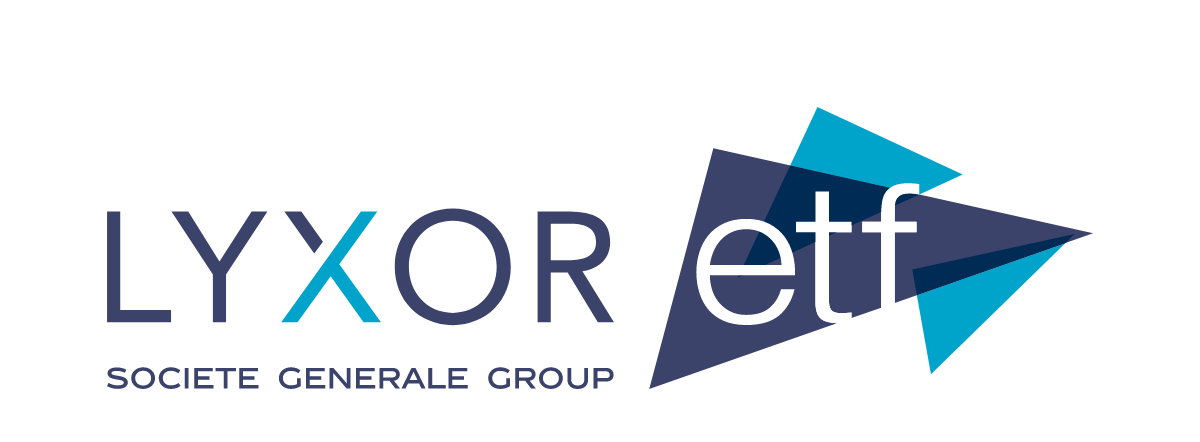The spotlight was firmly planted on Amundi this week after a report by climate campaigners Reclaim Finance poured scorn over its claim to be an environmental leader following its €825m acquisition of French rival Lyxor.
The hard-hitting report, titled Amundi: an investigation into Europe’s biggest investor, found the deal means assets not covered by Amundi’s exclusionary coal policy will rise by 84% following the purchase.
The report also highlighted “weaknesses” in the group’s engagement policy with coal companies and said it voted at the annual general meetings of 13 coal developers last year, voting in favour of 78% of the resolutions, including mining giant Glencore, despite its commitment to continue its coal operations beyond 2050.
The claims contradict several of Amundi’s climate projects, including the Net Zero Asset Managers’ initiative while at the same time setting itself a target of reaching net-zero by 2050 and cutting its CO2 emissions in half by 2030.
Lara Cuvelier, sustainable investment campaigner at Reclaim Finance, said: “If Amundi wants to be a climate leader, it needs to fix its passive problem, stop supporting the expansion of fossil fuels and get tough with big polluters.
“Amundi might be a poster boy for the French financial sector on climate, but its record is nothing to be proud of.”
A spokesperson for Amundi said: “We will apply our exclusion policy to the assets we are acquiring from Lyxor. Therefore, we are extending our sustainability policy to even more assets than before.
Will China roar in the Year of the Tiger?
Investors will be wondering if it will be a happy new year for China equities in 2022 after a tumultuous 2021 in which it booked double-digit losses. The Chinese government’s tech crackdown with the goal of engineering a sustainable growth trajectory cast doubts about the prospects and unpredictability of investing in China.
However, JP Morgan stated it expected China's growth stock momentum to bottom out in Q4 2021 and said it was looking for a strong rebound in Chinese activity from the Q3 2021 low.
Meanwhile, Mike Shiao, CIO of Asia ex-Japan at Invesco, said improved clarity in the communications surrounding regulatory changes creates “attractive buying opportunities” to companies less targeted by regulatory action such as eCommerce and food delivery.
One aspect that could help ETF investors navigate the market would be further product development, particularly in China’s $15trn corporate bond market. Despite opening its doors to foreign investment, challenges remain, especially when looking to assess the credit quality of the underlying companies.
Big hires for Amundi and Morningstar
Two hires captured the attention of the ETF industry this week, the first was the appointment of Arnaud Llinas to head up its ETF business after he joined the firm as part of the Lyxor acquisition earlier this month.
In his new role, Llinas (pictured) will be responsible for leading the combined ETF arm which runs over €182bn assets under management (AUM), as of the end of December 2021. Amundi’s previous head of ETF, indexing and smart beta Fannie Wurtz has been promoted to head of distribution and wealth division in the passive and alternative business lines.
Elsewhere, industry giant Thomas Kuh was named global head of ESG index strategy at Morningstar, in a newly created role, where he will be responsible for advancing the global ESG strategy of the indexing business while harnessing the “broad ESG strengths of Morningstar”.
ETF Wrap is a new, weekly digest of the top stories on ETF Stream







